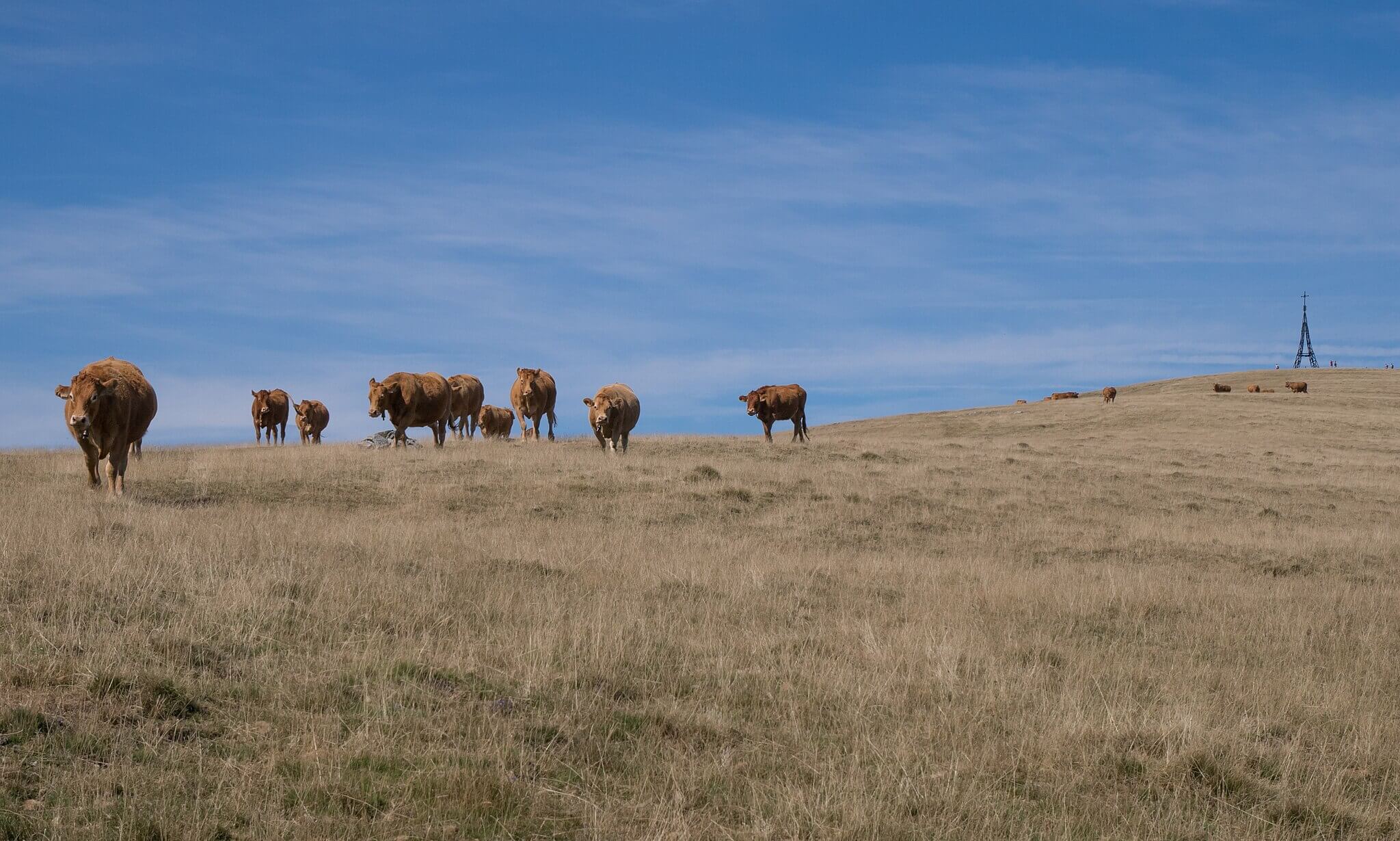China will ask Brazil for full traceability of its cattle herd
Photo: Wikimedia Commons.
In the next two years, Brazil will need to implement a complete traceability system for its cattle, in response to a requirement from China, the primary destination for its beef exports. During China’s last technical visit in December, its authorities reaffirmed the need for full traceability, covering the entire production chain—a requirement already stipulated in the trade agreements between the two countries.
However, this demand had not previously been prioritized by Chinese importers, highlighting the importance of traceability to continue supplying the Chinese market.
The Brazilian Association of Meat Exporting Industries (Abiec) emphasized that the change will be gradual, with specific protocols established to achieve an “end-to-end” traceability system. Although this does not require information on deforestation, unlike European standards, it poses a significant challenge for the Brazilian industry, as currently only a fraction of the cattle are traceable.
According to Fernando Petruzzi from Redea Rural, achieving 100% traceability will require major efforts, as the current percentage is limited and the process will need time and resources to meet Chinese demands.
In response, Brazil’s productive sector has presented a collaboration proposal to the Ministry of Agriculture to promote a national traceability policy. This initiative aims to reach at least 30-50% traceability by 2026, the year Brazil hopes to be recognized as free from foot-and-mouth disease without vaccination by the World Organization for Animal Health.
Although Brazil has had the Sisbov system since 2002, designed to meet the requirements of the European Union, it only covers part of the production cycle, posing the challenge of expanding the scope of traceability to comply with China’s new standards.
Main source:
China exigirá a Brasil la trazabilidad total del rodeo vacuno – Blasina y Asociados.

